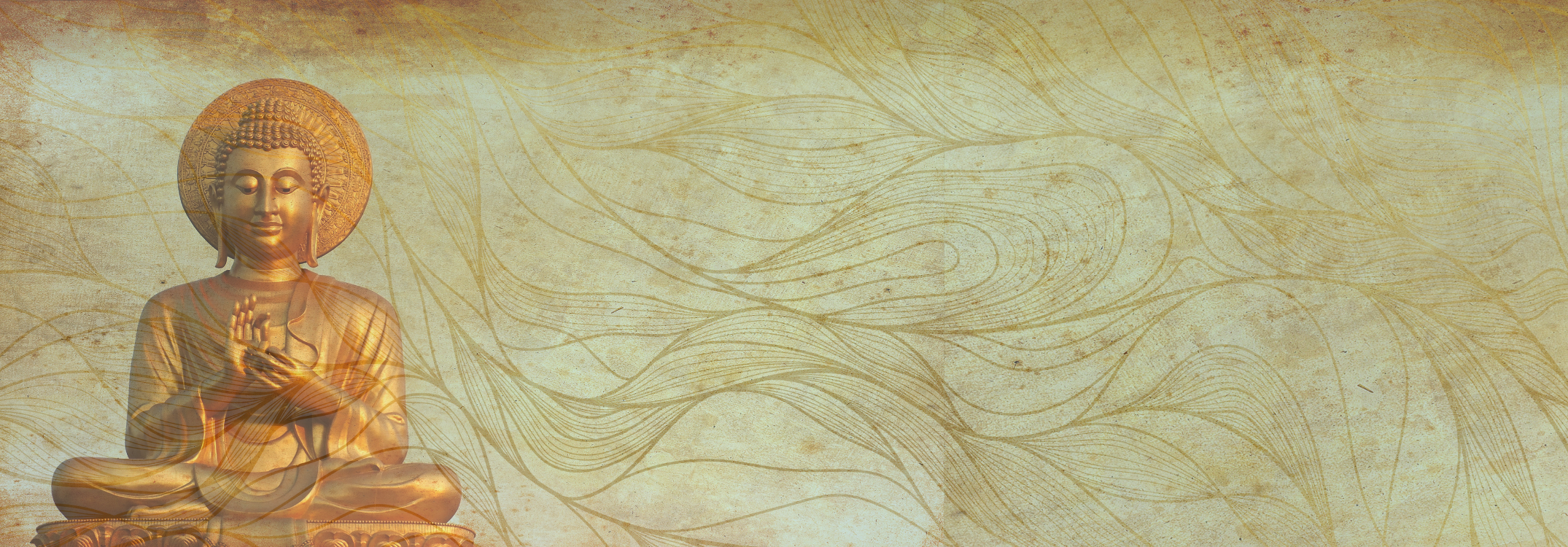Dr. Charika Marasinghe is a Human Rights and Child Rights Consultant and a Trustee for the Vishva Niketan International Peace Centre in Sri Lanka.

The seeds of love as well as hatred do not grow in the soil of Mother Earth but in the hearts and minds of us human beings, her children, who are endowed with a consciousness that no other living species is blessed with. All divisions based on race, religion, creed and class are erected in the hearts and minds of people and not in the man-made bricks and concrete walls of the outer world. If we are to experience outer peace with the human, animal and plant world we need to transcend our ego-centric ways of thinking in terms of ‘me’, ‘I’, ‘mine’, ‘my family’, ‘my religion’, ‘my race’, ‘my village’ and ‘my country’ to an all-embracing universal consciousness that honours and respects the wellbeing of all sentient beings. Those who wish to see a peaceful, sustainable, just and happy world must exercise their intellectual and spiritual capacities on the solid foundation of universal consciousness. The process of awakening this universal consciousness needs to take place from conception in the mother’s womb throughout life – childhood, adolescence, maturity, old age to ultimate and inevitable death. Awakening this universal consciousness does not only apply to the individual. It applies equally to families, groups, schools, workplaces, communities – both urban and rural – nations and the human population in the world as a whole.
The Buddha made the radical discovery that we do not exist as separate beings. He saw that ‘self’ is a delusion which causes suffering and alienates us from freedom and the mystery of life. The doctrine of causality called ‘paticca samuppada’ or dependent co-arising, the most profound exposition of the Buddha, succinctly elaborates the reality of life – the existence of self and world in terms of mutually conditioning and interdependent psycho-physical events that arise and pass away.
To quote:
…in dependence upon feeling there is craving; in dependence upon craving there is pursuit; in dependence upon pursuit there is gain; in dependence upon gain there is decision-making; in dependence upon decision-making there is desire and lust; in dependence upon desire and lust there is attachment; in dependence upon attachment there is possessiveness; in dependence upon possessiveness there is stinginess; in dependence upon stinginess there is safeguarding; and because of safeguarding, various evil unwholesome phenomena originate – the taking up of clubs and weapons, conflicts, quarrels, and disputes, insulting speech, slander, and falsehood.’
Mahanidana Sutta DN 15
The proper response to global conflict is the road to right relationship. This needs to be forged by identifying the footprints which the generations before us, who have walked on this road, have left behind. Humanity may have survived on the planet earth even thus far amidst the most aggressive form of conflicts and wars across millennia, because the generations before us have established wholesome ideas and the conditions that were conducive to human flourishing. At the same time there are also muddy footprints on the road left behind by some previous generations that had contributed to the disruption of the stability of our world. Building right relationship should begin in the hearts and minds of each and every one of the eight billion people now on our planet earth, or at least a critical mass of the population.
Enduring outer peace that will end global conflict can only be attained when individuals achieve inner peace – the cessation of conflict within themselves. Two and a half millennia ago the Buddha recognized the noble truth of cleansing the mind from evil and nurturing a pure mind:
‘All mental phenomena have mind as their forerunner; they have mind as their chief; they are mind-made. If one speaks or acts with an evil mind, ‘dukkha’ (suffering or unsatisfactoriness) follows him just as the wheel follows the hoofprint of the ox that draws the cart.’
Verse 1: Dhammapada
‘All mental phenomena have mind as their forerunner; they have mind as their chief; they are mind-made. If one speaks or acts with a pure mind, happiness (sukha) follows him like a shadow that never leaves him.’
Verse 2: Dhammapada
Our quest for creating a universal consciousness that propagates the wellbeing of all – humans, flora and fauna, and even the air we breathe, the water we drink and the soil we sow has been threatened in a way unprecedented in the history of humanity. The so-called ultra-capitalist economic policies and consumer-driven economic systems, undemocratic and highly dominating and authoritarian geopolitical ideologies, structures, toxic systems and centralized bureaucratic processes have consolidated political and economic power. Natural resources and monetary wealth are concentrated in the hands of a few who are rich and the powerful at the local, national, regional and international levels by marginalizing and ostracizing the poor and the powerless. The dependency mindset created by the so called ‘financial aid’ and the entrapment of ‘debt restructuring’ has put the lives of present and future generations in the developing world on the guillotine. This deadly trend is on the verge of destroying the age-old spiritual web of highly enriching and empowering faith traditions in the world – perhaps even beyond resurrection. Humanity is left with no time to waste. The road map towards right relationship must be discerned and put into action. The world is in desperate need of effecting a non-violent social transformation by empowering village and urban communities to address the root causes that precipitate conflicts at both micro and macro levels.
The social, economic and political inequalities and injustices have caused suffering, frustration, unhappiness, and disharmony within so many communities. The transformation of consciousness of individuals and communities toward compassion and peace represents an essential step toward building a just and peaceful world. While transforming the egoistic mind set to an all-embracing universal consciousness, we also need to work towards liberating the impoverished, underprivileged and marginalised people from the entrapment of powerlessness, helplessness and hopelessness, and help them to discover their own potential and strength to uplift their lives for the better. In rebuilding the lives of village and urban communities, first and foremost we need to ignite the collective community spirit in the hearts and minds of people.
In human society at all levels, four inter-related vicious processes operate; the Buddha named them as psychological alienation (chanda), aversion (dvesha), fear (bhaya) and delusion (moha). The Buddha’s exposition on the Four Divine Abodes (Four Brahma Viharas) – Loving Kindness (Metta), Compassion (Karuna), Altruistic Joy (Muditha) and Equanimity (Upekkha) – offer an excellent prescription to heal our hearts and minds from ego-centric and self-centred ailments and expand our consciousness to embrace all sentient beings. This community spirit can also be awakened through the Buddhist concepts of sharing (dana), pleasant language (priya vachana), constructive activity (arthacharya) and equality (samanatmata).
Let us resolve to make a genuine commitment during our lifetime to put wholesome footprints on the road to right relationship that will change the destiny of present generations and the generations to come and make the planet ‘earth’ a liveable and peaceful abode for all life. §

